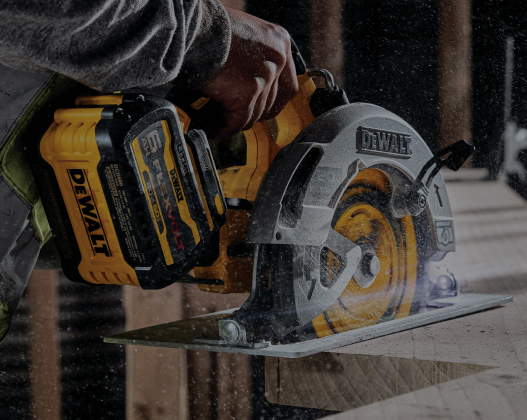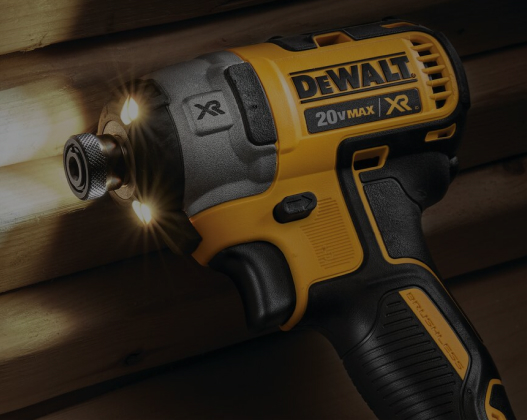- Featured Items
- Top Sellers
- Price (Low to High)
- Price (High to Low)
- Amperage: 11
- Switch Settings: Lock-Off
- Switch Type: Paddle
- No-Load Speed (RPM): 11000
- Amperage: 9
- Switch Settings: Lock-On
- Switch Type: Paddle
- No-Load Speed (RPM): 12000
- Amperage: 13
- No-Load Speed (RPM): 8000
- Switch Type: Trigger
- Amperage: 7
- No-Load Speed (RPM): 12000
- Switch Settings: Lock-On
- Switch Type: Slide
- Amperage: 11
- No-Load Speed (RPM): 11000
- Switch Settings: Lock-On
- Switch Type: Paddle
- Switch Type: Slide
- No-Load Speed (RPM): 9000
- Amperage: 13
- Switch Settings: Lock-On
- Switch Type: Trigger
- No-Load Speed (RPM): 9000
- Amperage: 13
- Switch Type: Paddle
- No-Load Speed (RPM): 10500

Incredible Savings Every Week with Our Weekly Markdowns!
- Amperage: 7
- Switch Settings: No Lock-On
- Switch Type: Paddle
- No-Load Speed (RPM): 12000

Incredible Savings Every Week with Our Weekly Markdowns!
- Amperage: 13
- Switch Type: Trigger
- No-Load Speed (RPM): 8500

Incredible Savings Every Week with Our Weekly Markdowns!
- Amperage: 13
- Switch Type: Trigger
- No-Load Speed (RPM): 9000

Incredible Savings Every Week with Our Weekly Markdowns!
Angle Grinders
Angle grinders are highly versatile handheld power tools that can grind, cut, and polish a variety of materials. They are also commonly referred to as side grinders or disc grinders. An angle grinder can be used for a wide range of tasks including cutting tile, routing out mortar, sanding wood, removing rust or loose paint, and sharpening or polishing metal. It’s a must-have for both small projects around the home, as well as professional construction jobs.
You can find angle grinders that operate on several different power sources, including electric motors, gas-powered motors, or compressed air. There is also a growing selection of cordless battery-powered angle grinders for additional convenience. Many angle grinders run at a single speed, but you can use a variable speed angle grinder to adjust the tool to the job at hand.
Choosing the Best Angle Grinder
When choosing the angle grinder that’s right for you, there are several factors to consider. First, you’ll want to decide on the size of the disc on the grinder. Grinders with larger discs are generally more powerful. A smaller disc is preferable if you’re working on a project that requires more precision. Angle grinders are typically available in 4.5-inch, 5-inch, 6-inch, 7-inch, and 9-inch sizes.
Next, you’ll want to determine the appropriate power and speed. The speed of an angle grinder is represented by revolutions per minute, or RPM. The higher the RPM, the faster the disc rotates. Handheld angle grinders generally range anywhere from 5,000 to 10,000 RPM. For heavy-duty tasks, you’ll want a faster grinder. A grinder on the lower end of the RPM scale is a more effective and safer choice for smaller jobs.
Finally, make sure your angle grinder has a handle you’re comfortable using. An adjustable handle will allow you to work in the position that feels right to you, as well as make it easier to wield the tool with one or both hands depending on the intensity of the task. Other features to look for in a handle include anti-vibration and an adjustable guard to protect you from sparks and debris.
The true versatility of angle grinders is in their compatibility with a variety of wheels and accessories. Different wheels can be attached to the grinder to take care of specific tasks. Some of the accessories you may find helpful include:
- Grinding wheel: Cuts through sheet metal, stainless steel, metal bolts, and more. Good for general sharpening of lawnmower blades and similar tools.
- Diamond cup wheel: One of the hardest abrasive materials. Grinds and polishes stone, ceramic, and aluminum alloy.
- Wire wheel: Cleaning metal on smaller, tighter surface areas.
- Wire cup brush: Remove rust and flaking paint from wider, more open areas.
- Dust shroud: Attaches to the angle grinder to capture harmful airborne particles.
Angle grinders are available in corded and cordless models from many of the leading tool brands, including Bosch, DeWALT, Makita, and Metabo.











































